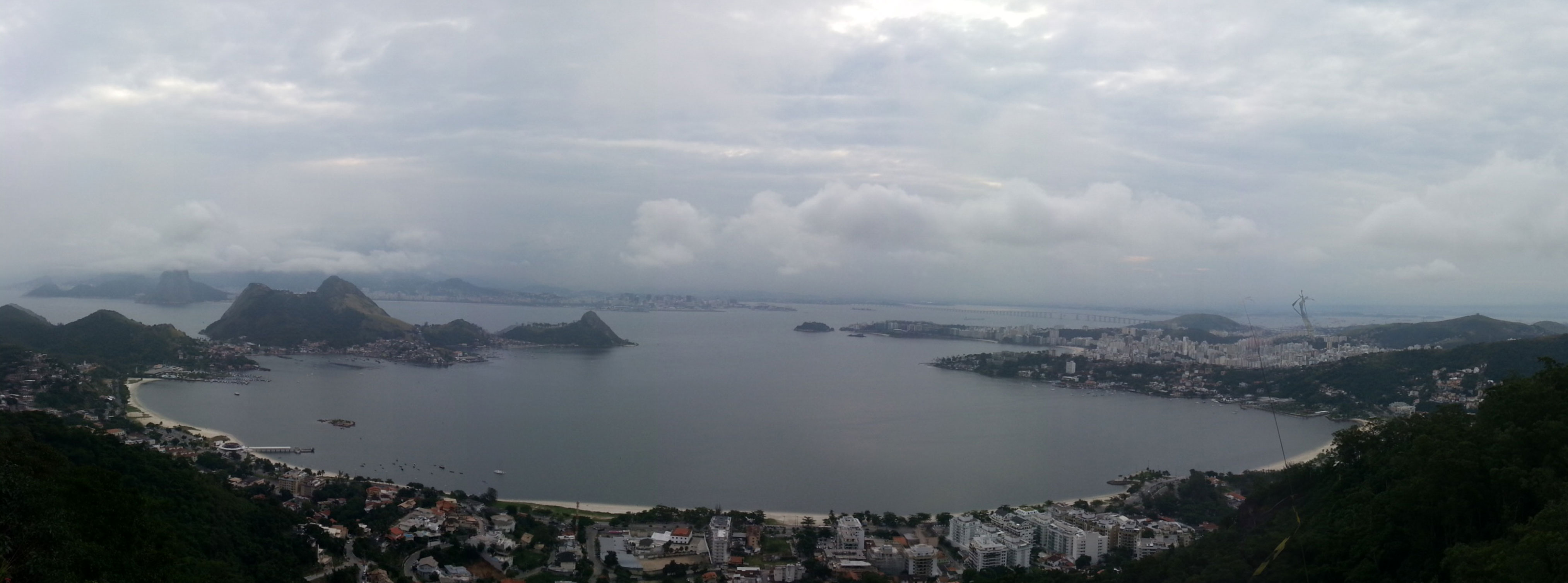
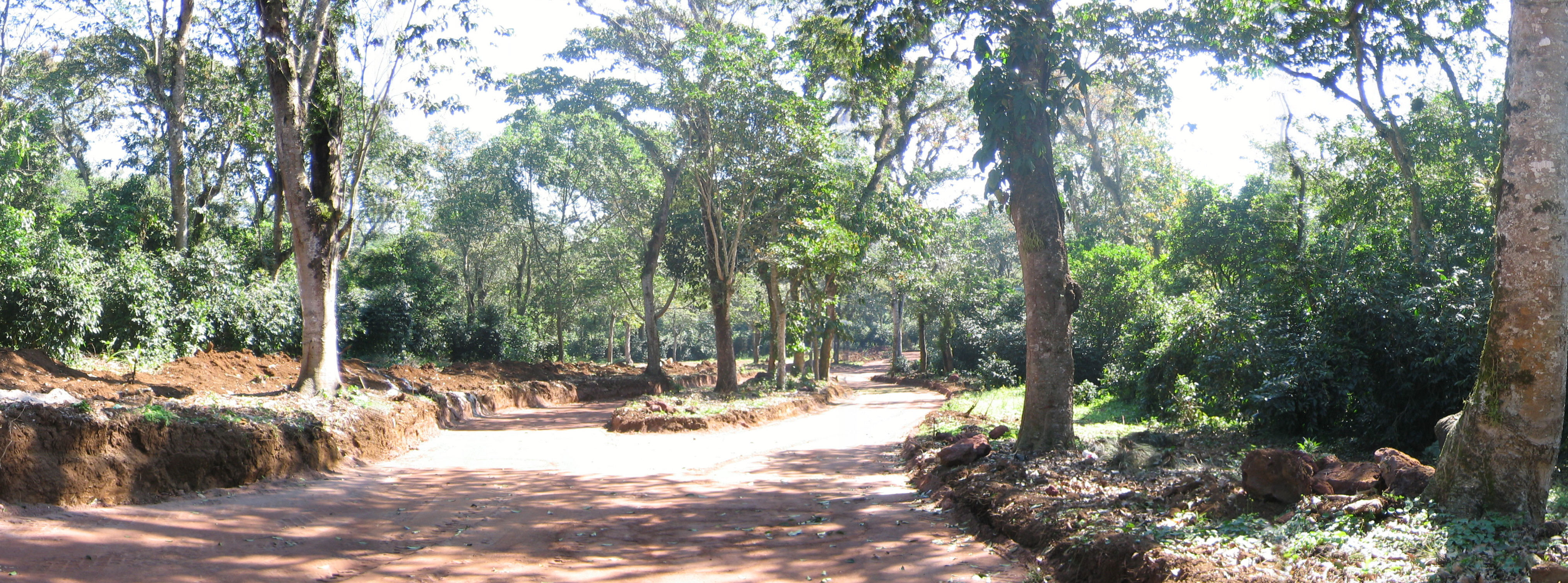
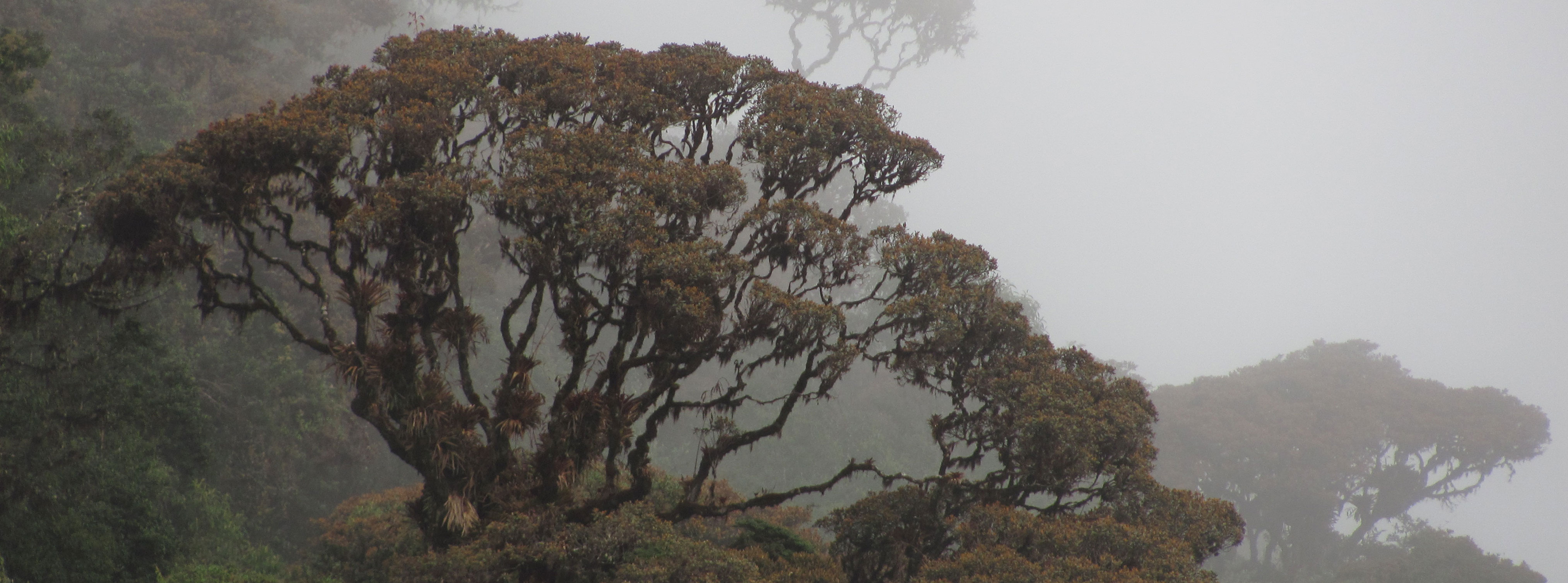
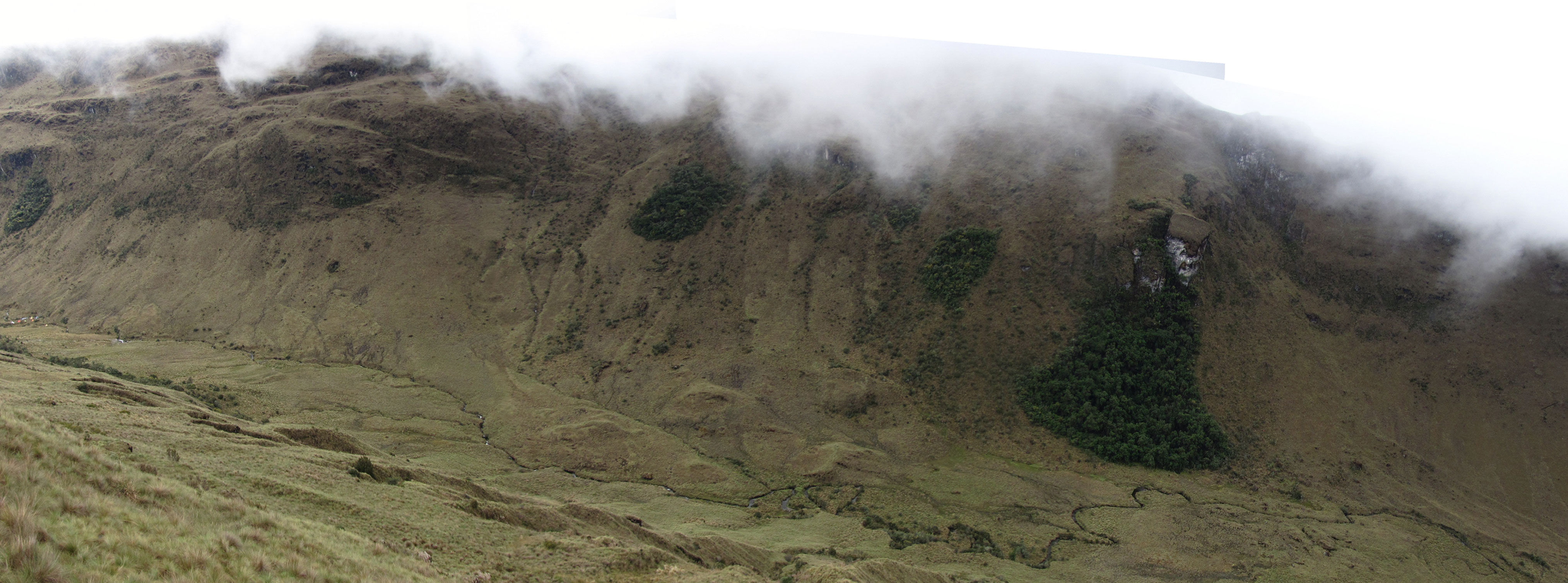
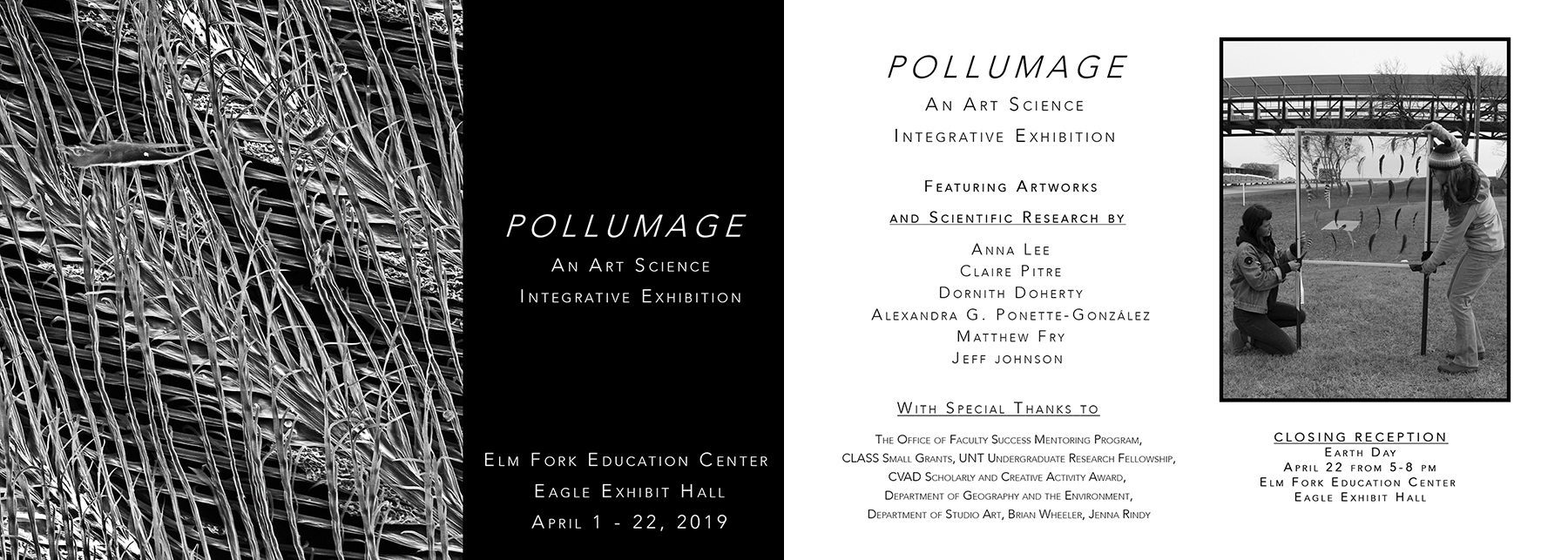
What We Do – ‘What goes up must come down’
We study interactions between humans, the atmosphere, and the biosphere in the context of a changing environment. Specifically, we are interested in the many materials that enter terrestrial ecosystems from the atmosphere (what comes down), specifically:
- How much of any given material is deposited to an ecosystem (quantity)
- Why things land where and when they do (spatial and temporal pattern)
- How human activities alter these inputs (human impact)
- How changes in material inputs affect ecosystem processes, such as water or nutrient cycling (ecosystem impact)
Our research spans diverse ecosystems from tropical forest to urban, and advances understanding of the causes and consequences of changing land use/land cover and atmospheric drivers.
We care about diversifying and stregthening science. We welcome students and scholars regardless of race, color, religion, national origin or citizenship status, sex, gender identity or expression, sexual orientation, age, disability, or military status. We welcome collaborators from the arts and humanities and the unique perspectives and understandings they bring to our subjects of study. We support and promote science that is good for all people and science for change.
Contact
Dr. Alexandra Ponette-González
Associate Professor, Dept of City & Metropolitan Planning (https://plan.cap.utah.edu/)
Curator of Urban Ecology, Natural History Museum of Utah (https://nhmu.utah.edu/)
University of Utah (https://www.utah.edu/)
E-mail: alexandra.ponette@utah.edu
Content Design: Morgan Gossett / Floral Pilgram Template by Cargo Collective